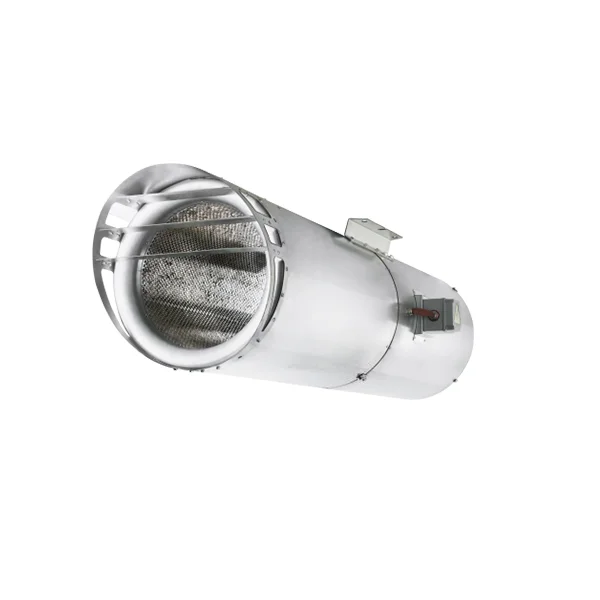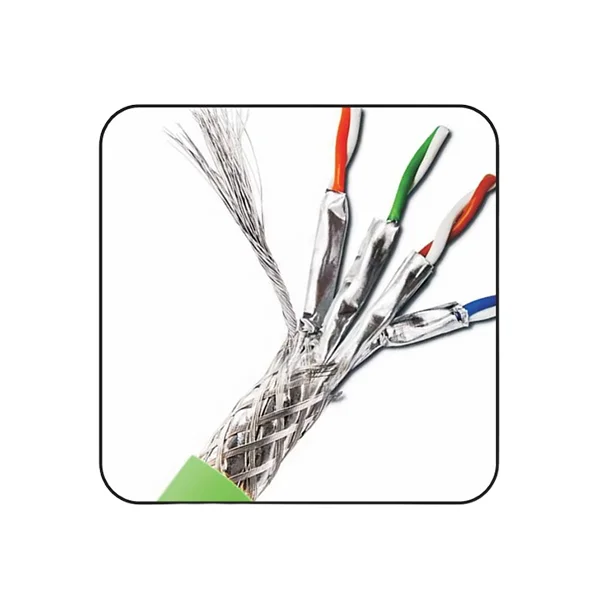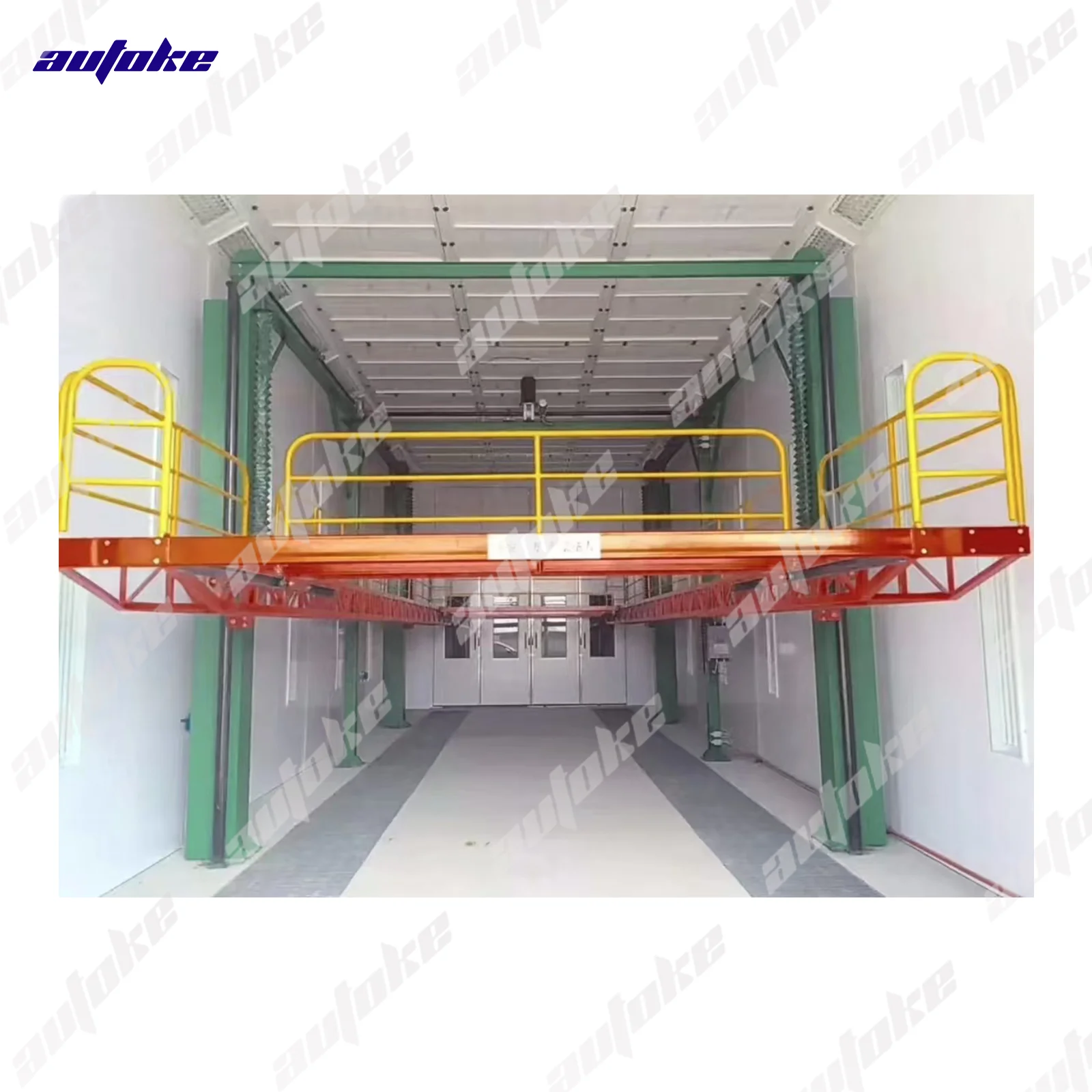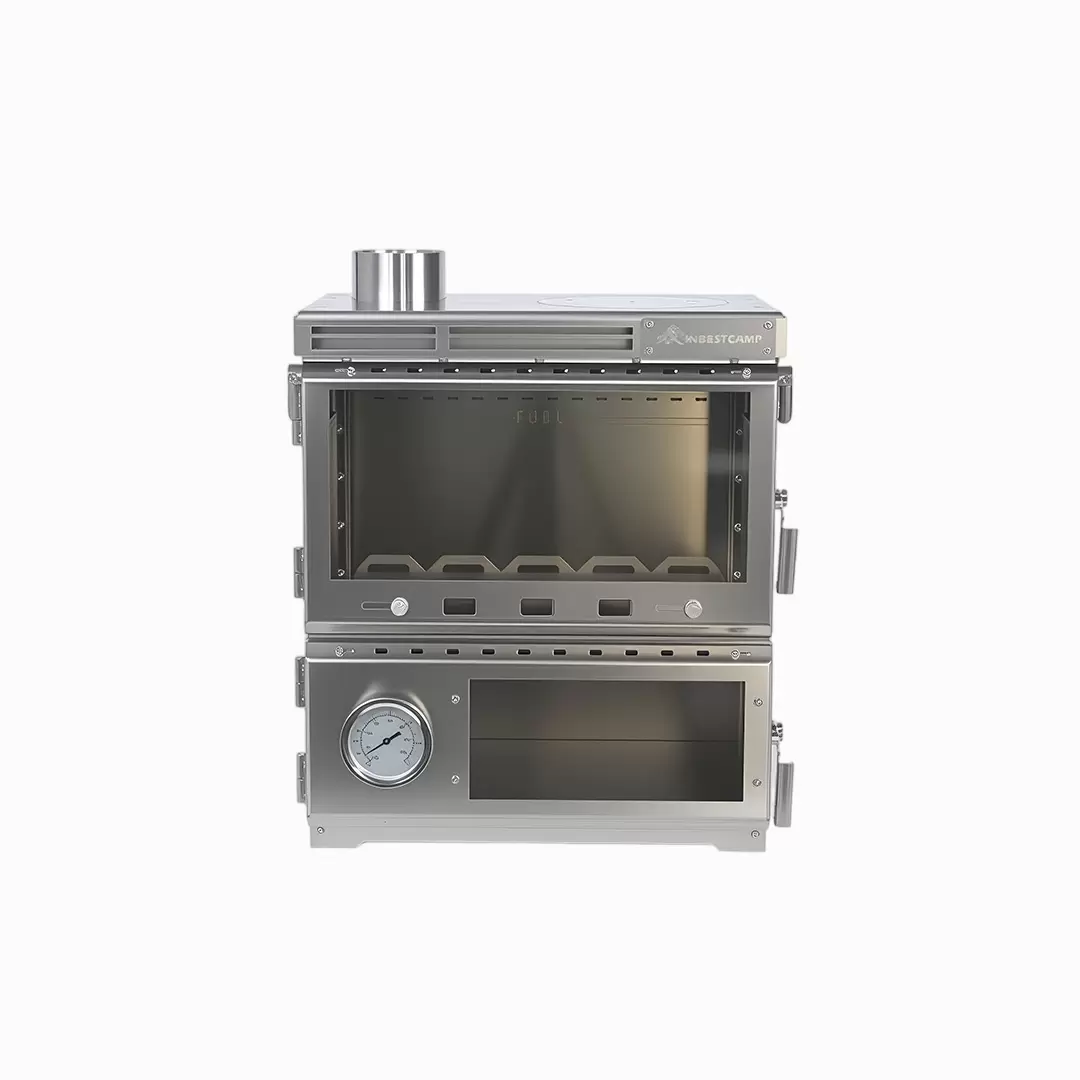In an era where security is paramount, the choice between wired and wireless security cameras has become a critical decision for homeowners and businesses alike. As technology advances, both options offer unique advantages and disadvantages that can significantly impact your surveillance strategy. This article delves into the intricacies of wired and wireless security cameras, helping you make an informed decision tailored to your specific needs.
Understanding Wired Security Cameras
Wired security cameras have been the traditional choice for surveillance systems. They connect directly to a recording device, such as a Digital Video Recorder (DVR), through coaxial cables. Here are some key aspects to consider:
Advantages of Wired Security Cameras
- Reliability and Stability: Wired cameras are less susceptible to interference and signal loss. This makes them a reliable choice for continuous surveillance, especially in environments with heavy electronic interference.
- High-Quality Video: Wired systems typically offer superior video quality, with higher resolutions and frame rates. This is crucial for identifying faces or license plates in security footage.
- No Battery Concerns: Unlike wireless cameras, wired systems do not rely on batteries, eliminating the need for regular maintenance to replace or recharge batteries.
- Scalability: Wired systems can be easily expanded by adding more cameras without significant changes to the existing infrastructure.
Disadvantages of Wired Security Cameras
- Installation Complexity: The installation process can be labor-intensive, requiring drilling and running cables through walls and ceilings. This can lead to higher installation costs.
- Limited Flexibility: Once installed, moving wired cameras can be challenging and may require additional wiring.
- Aesthetic Concerns: Visible cables can detract from the aesthetics of a property, making wired systems less appealing for some users.
Exploring Wireless Security Cameras
Wireless security cameras have gained popularity due to their ease of installation and flexibility. They connect to a network via Wi-Fi, allowing for remote access and monitoring. Here’s what you need to know:
Advantages of Wireless Security Cameras
- Ease of Installation: Wireless cameras are generally easier to install, requiring minimal tools and no extensive wiring. This can significantly reduce installation costs and time.
- Flexibility and Mobility: Wireless cameras can be easily repositioned or relocated, making them ideal for dynamic environments where surveillance needs may change.
- Remote Access: Many wireless cameras come with mobile apps that allow users to monitor their property in real-time from anywhere, enhancing convenience and peace of mind.
- Aesthetic Appeal: The absence of visible wires can make wireless cameras more visually appealing, blending seamlessly into the environment.
Disadvantages of Wireless Security Cameras
- Signal Interference: Wireless cameras can be affected by interference from other electronic devices or physical obstructions, potentially compromising video quality and reliability.
- Battery Dependency: Many wireless cameras operate on batteries, necessitating regular maintenance to ensure they remain charged and functional.
- Potential Security Vulnerabilities: Wireless cameras are susceptible to hacking and unauthorized access if not properly secured, making robust cybersecurity measures essential.
Key Considerations for Your Decision
When deciding between wired and wireless security cameras, consider the following factors:
- Installation Environment: If you have a permanent location with minimal changes, wired cameras may be the better option. Conversely, if you need flexibility, wireless cameras could be more suitable.
- Budget: Evaluate your budget for both initial installation and ongoing maintenance costs. Wired systems may have higher upfront costs, while wireless systems may incur ongoing battery replacement costs.
- Surveillance Needs: Assess the specific surveillance requirements of your property. For high-security areas requiring constant monitoring, wired cameras may provide the reliability needed.
- Technical Expertise: Consider your comfort level with technology. If you prefer a plug-and-play solution, wireless cameras may be more appealing.
Conclusion
Ultimately, the choice between wired and wireless security cameras hinges on your unique needs and circumstances. Wired cameras offer reliability and superior video quality, making them ideal for permanent installations. In contrast, wireless cameras provide flexibility and ease of use, catering to those who prioritize convenience and mobility. By carefully weighing the advantages and disadvantages of each option, you can select the surveillance system that best protects your property and meets your security goals.









+ There are no comments
Add yours